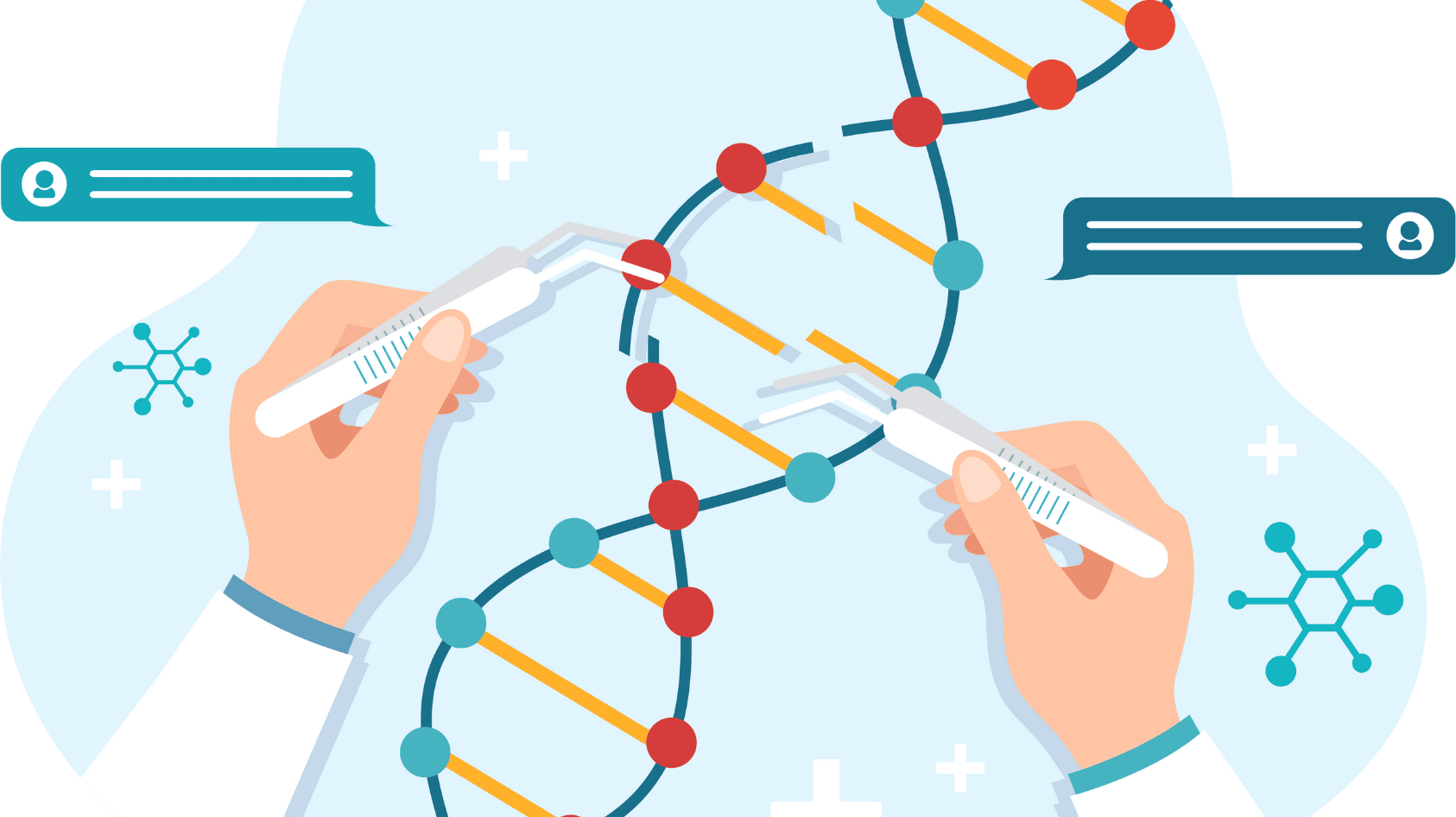Precision medicine represents a significant shift in the approach to healthcare. By considering individual differences in genes, environments, and lifestyles, it aims to deliver personalized treatment plans that optimize efficacy and minimize side effects. This field is rapidly advancing thanks to breakthroughs in genomics and big data analytics, allowing for more accurate disease diagnosis, better prediction of treatment responses, and the development of novel therapies.
One of the key benefits of precision medicine is its potential to improve patient outcomes. Traditional medicine often takes a one-size-fits-all approach, which can lead to ineffective treatments and unnecessary side effects. Precision medicine, on the other hand, customizes treatments to the individual, increasing the likelihood of success. This personalized approach not only enhances patient care but also contributes to the efficiency of healthcare systems by reducing the trial-and-error process.
Genetic Profiling and Disease Prediction
Genetic profiling plays a crucial role in precision medicine. By analyzing a patient’s genetic makeup, doctors can identify specific genetic mutations that may predispose an individual to certain diseases. This information can be used to predict disease risk and implement preventive measures long before symptoms appear. For example, women with BRCA1 or BRCA2 gene mutations can opt for increased surveillance or preventive surgery to reduce their risk of developing breast cancer.
Precision medicine is also transforming the field of oncology. Cancer treatment has traditionally involved standardized protocols based on the type and stage of cancer. However, tumors can vary significantly even within the same type of cancer. By analyzing the genetic makeup of a tumor, oncologists can identify specific mutations driving the cancer and select targeted therapies that are more likely to be effective. This approach, known as targeted therapy, has shown promising results in treating various cancers.

The Role of Big Data and AI
The integration of big data and artificial intelligence (AI) is propelling precision medicine forward. Large-scale data sets from electronic health records, genomic sequencing, and wearable devices provide valuable insights into health patterns and disease progression. AI algorithms can analyze this data to identify correlations and predict treatment outcomes with greater accuracy. This data-driven approach enables healthcare providers to make more informed decisions and develop personalized treatment plans.
Another area where precision medicine is making strides is in pharmacogenomics, the study of how genes affect a person’s response to drugs. Genetic variations can influence how a patient metabolizes medication, impacting both efficacy and safety. By considering a patient’s genetic profile, doctors can prescribe medications that are more likely to be effective and avoid those that may cause adverse reactions. This personalized approach to prescribing medication can significantly improve treatment outcomes and reduce healthcare costs.
Precision medicine marks a new era of healthcare, where treatments are tailored to the individual rather than the masses. This personalized approach holds the promise of more effective treatments, fewer side effects, and improved patient outcomes. While there are challenges to overcome, the potential benefits of precision medicine are immense. By continuing to invest in research, technology, and education, we can realize the full potential of this revolutionary approach and transform the future of healthcare.”
Precision Medicine in Practice
Implementing precision medicine in clinical practice requires a collaborative effort from various stakeholders, including healthcare providers, researchers, and policymakers. Medical professionals need access to advanced diagnostic tools and training to interpret genetic data accurately. Researchers must continue to explore the genetic basis of diseases and develop new targeted therapies. Policymakers play a crucial role in ensuring that precision medicine is accessible and affordable for all patients.
Patient engagement is also essential for the success of precision medicine. Patients must be informed about the benefits and limitations of genetic testing and personalized treatments. By understanding their genetic risks and treatment options, patients can make more informed decisions about their healthcare. This collaborative approach between patients and healthcare providers can lead to better health outcomes and a more patient-centered healthcare system.

